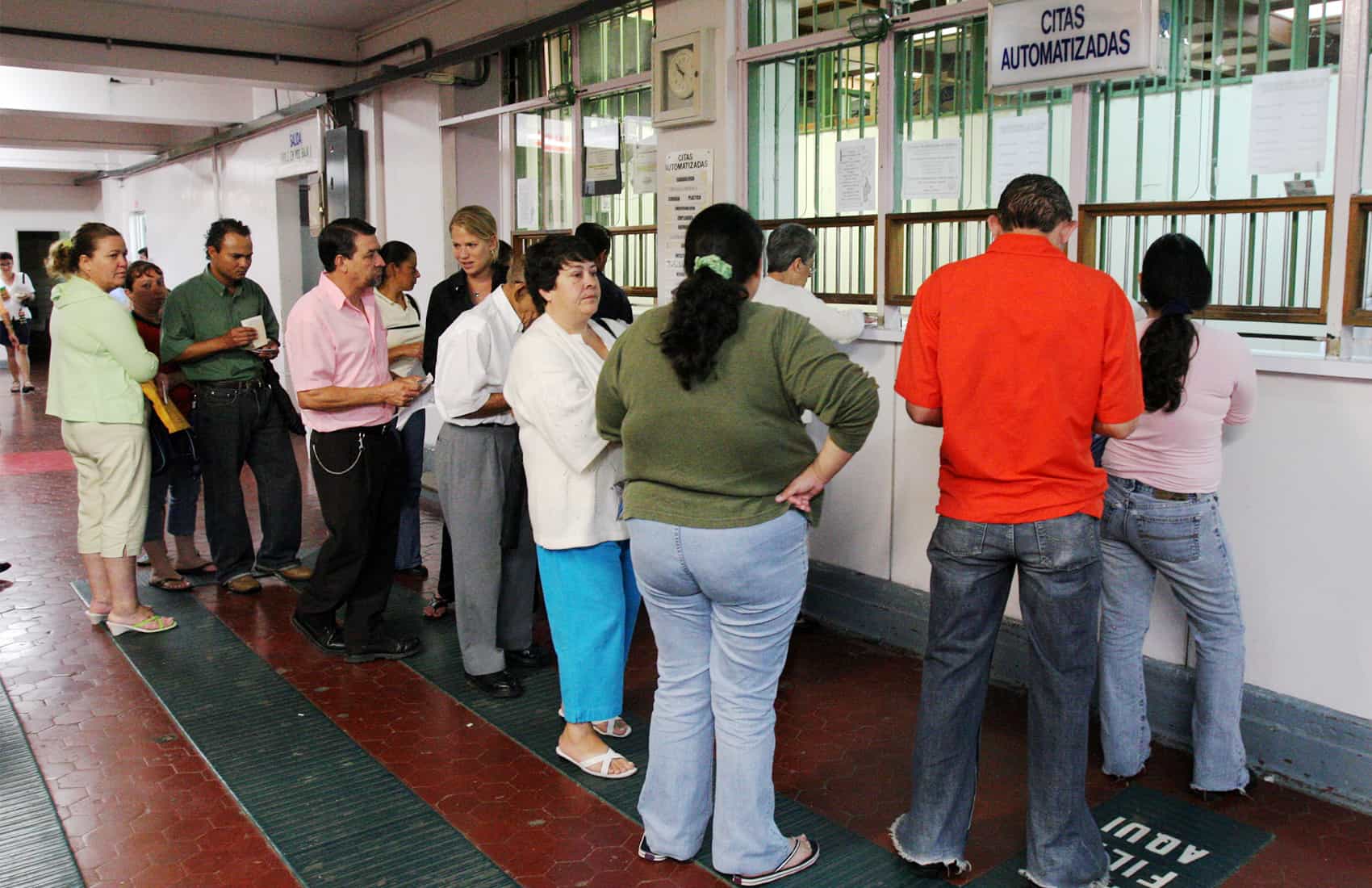Complaints related to delays or denial of services at public agencies accounted for 24 percent of citizen complaints at the Ombudsman’s Office last year, Ombudswoman Montserrat Solano Carboni reported on Monday.
The “violation of the right to public health care” accounted for 18 percent of the total, the annual report states.
At the report’s presentation Solano noted an improvement in the quality of services at many public agencies, but she said better planning is still needed at the Social Security System, or Caja.
In 2014, the Ombudsman’s Office received a total of 30,264 complaints, with more than half — 52 percent — filed by women. The figure also represents the largest number of annual complaints received in the last two decades.
Complaints filed between 2010 and 2014 increased by 46.5 percent, with women from rural areas aged 25-45 filing the most during that period.
Most complaints were related to inefficiency, neglect or the denial of health care services at Caja facilities, including long waiting lists at public hospitals, delays in implementing digital health records, and recent cases of abuse in obstetric services, the report states.
Caja officials currently are implementing emergency protocols to reduce waiting lists that in some cases have led to patient deaths, specifically in cardiac catheterization procedures.
The agency also is searching for solutions for patient overload in emergency rooms at hospitals in the Greater Metropolitan Area (GAM), particularly in Alajuela, Cartago and San José.
The Ombudsman’s Office report also found “little progress” in solving cases of discrimination against Afro-Caribbean and indigenous people, the elderly and children.
Solano said the office has set a goal for this year of visiting at least 70 rural communities outside the GAM to provide the public with an opportunity to file complaints.
According to the report, 80 percent of complaints received last year were solved efficiently in an average of two months.






